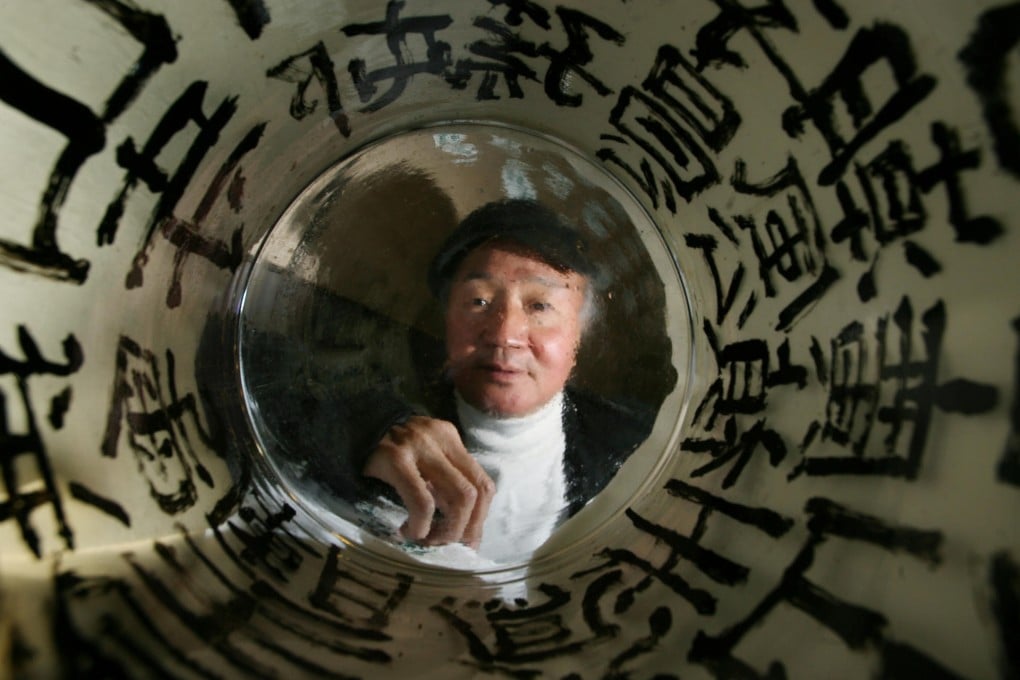The people's verdict on Hong Kong's budget
As the ink dries on Hong Kong's giveaway budget chock-a-block with sweeteners aimed at defusing political strife, people are weighing up what they are getting - or not getting.

As the ink dries on Financial Secretary John Tsang Chun-wah's giveaway budget chock-a-block with sweeteners aimed at defusing political strife, people are weighing up what they are getting - or not getting.
He had plenty to give away. For the eighth time, he underestimated the surplus, now set to hit HK$63.8 billion when the financial year ends on March 31, more than six times his estimated HK$9.1 billion.
In the main, the budget benefits the middle class, the elderly and disabled. Measures include a 75 per cent reduction in profits and salaries taxes, subject to a HK$20,000 ceiling; an increase in child tax allowance; a two-month waiver on property rates; one month rent-free for public-housing tenants; and a two-month bonus for people on Comprehensive Social Security Assistance and the old-age and disability allowances.
The budget ignored calls to introduce a universal pension. It was also silent on property-cooling measures, although yesterday the government announced moves to tighten lending on properties valued at less than HK$7 million and on second homes.
Tsang did pay heed to the so-called silver tsunami - the problems associated with Hong Kong's ageing population - which he called a "formidable challenge". The government's census department projects that a third of the population will be aged 65 or above by 2041. That means the government has to spend more on elderly and health care, but fewer people will be working and therefore paying taxes.
We asked six Hongkongers from a range of backgrounds how the budget affects them.
